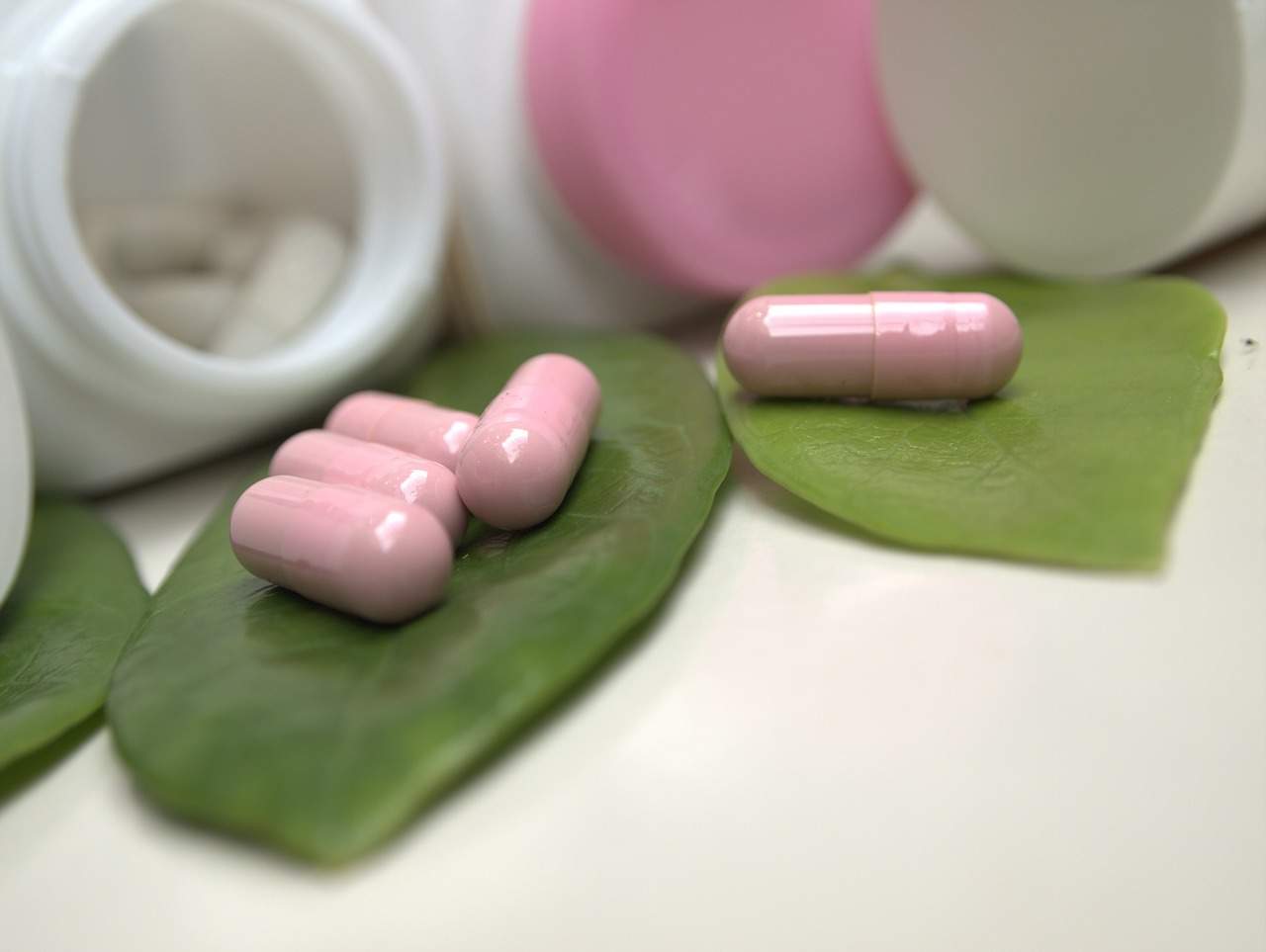Contents:
- Medical Video: Does keeping a cat actually affect your pregnancy?
- Will pregnant women who get toxoplasmosis show symptoms?
- How do you transmit Toxoplasma?
- Tests that need to be done before and during pregnancy to check toxoplasmosis
- If the test results are positive and are not pregnant, what treatment can be done?
- If you are pregnant and you have toxoplasmosis, what should you do?
- Prevent the danger of toxoplasm in pregnancy
Medical Video: Does keeping a cat actually affect your pregnancy?
Have you ever heard of a toxoplasmosis infection in pregnancy? Be careful, the infection is very dangerous for the fetus. Toxoplasma infection can cause blindness, nervous disorders, heart problems, and even interfere with the baby's brain development in the womb. Therefore, it is important for you to protect your pregnancy from the dangers of Toxoplasma.
Toxoplasmosis is a disorder caused by protozoa known as toxoplasma gondii. This parasitic protozoa has two life cycles. The first life cycle is in the digestive tract of cats, while the second cycle is in infected animals and humans.
Will pregnant women who get toxoplasmosis show symptoms?
Generally in most mothers affected by toxoplasmosis infection, it does not have any symptoms. Only a small percentage have symptoms such as fatigue, mild fever, and enlargement of the lymph glands.
How do you transmit Toxoplasma?
Toxoplasm is transmitted in three ways. The first is through food that has not been cooked until cooked or raw food contaminated with Toxoplasma. The second is due to exposure to animal feces such as cats (other animals such as goats, sheep, and dogs can also be spreaders when eating food or drinks containing tokos of cat feces). The last is transmission from pregnant women to the fetus they contain.
Tests that need to be done before and during pregnancy to check toxoplasmosis
There are several tests that can be done to find out toxoplasmosis, including tests for toxoplasmic Ig M and Ig G antibodies. When an infection occurs, Ig M will be able to increase within 5 days to several weeks, and reach its peak within 1-2 months. While IgG antibodies generally appear slower than IgM. IgG can appear 1-2 weeks after infection and reach its peak within 12 weeks to 6 months after acute infection. Test results positive for IgG and negative IgM, indicating a long-standing infection.
If you are already pregnant, in addition to the toxoplasmosis antibody test, you can also do a test known as amniocentesis. This test is done by seeing whether there is t. gondii in your amniotic fluid. However, this test method cannot be done if the gestational age is less than 18 weeks or less than 4 weeks after the mother is declared to have Toxoplasma, because it can cause the results to be false positive.
If the test results are positive and are not pregnant, what treatment can be done?
If you have experienced toxoplasmosis before becoming pregnant, actually when you get pregnant the fetus will be protected by your body's immune system. However, if you get infected during pregnancy or have just been infected a few moments before becoming pregnant, you can transmit this infection to the fetus, causing eye and brain disorders in the fetus. So, according to experts it is better if you are infected with toxoplasmosis, it's good if you postpone pregnancy for 6 months until completely healed.
If you are diagnosed with toxoplasmosis before pregnancy, your doctor may recommend toxoplasma treatment in the form of a combination of pyrimethamine and sulfadiazine drugs with additional leucovorin to prevent hematological toxicity due to pyrimethamine.
These drugs are first-line drugs. If you have allergies to drugs containing sulfa, sulfadiazine can be replaced by using clindamycin. The use of azithromicin can also be used as a combination drug in therapy, if you have contraindications to first-line drug choices. Treatment for toxoplasmosis can be taken for 6 weeks or depending on the advice of each doctor.
If you are pregnant and you have toxoplasmosis, what should you do?
There are two alternative treatments to fight the dangers of Toxoplasma. The choice of drug is determined by whether the fetus has been infected or not. If the fetus has not been infected, can be given spiramycin medication. This drug aims to prevent transmission from mother to fetus through the placenta.
However, if the fetus has been infected, there is a choice of pyrimethamine and sulfadiazine drugs. Pyrimethamine is an antagonist of folic acid. However, the choice of this drug is not recommended at the age of the first 3 months of pregnancy, because it can be toxic to the fetus.
Prevent the danger of toxoplasm in pregnancy
In order to protect pregnancy, pregnant women, and babies in the womb from the dangers of Toxoplasma, make sure you have taken the following important steps.
- Routinely screening and seeing a doctor to make sure there is no toxoplasmosis during pregnancy.
- Use gloves and keep hands and nails clean, especially if you have to be exposed to objects that have the potential to be exposed to animal feces such as soil, sand, and so on.
- Reduce direct exposure to animals. If you raise animals and are required to excret, use gloves.
- Always wash your hands and nails. Especially after playing with pets or cleaning the animal area.
- Eat cooked foods (already cooked at temperatures above 70 degrees Celsius), or if you want to eat food or meat that has been cooled, choose those that have been frozen to temperatures of -20 degrees Celsius. Temperatures that are too hot or too cold can kill T. gondii.
- Clean all equipment at home that has touched raw meat. For example cutting boards, knives, or plates.
- Do not consume raw eggs or unprocessed milk.
- Wash first all fruits and vegetables that will be consumed without cooking.
- Make sure the drinking water you consume is clean, don't get contaminated with oocysts t. gondii
It should be noted that storing food in the refrigerator, cooking using a microwave, and consuming smoked meat or dried meat cannot kill parasites, so it does not guarantee parasite-free food.














